+8613776545860
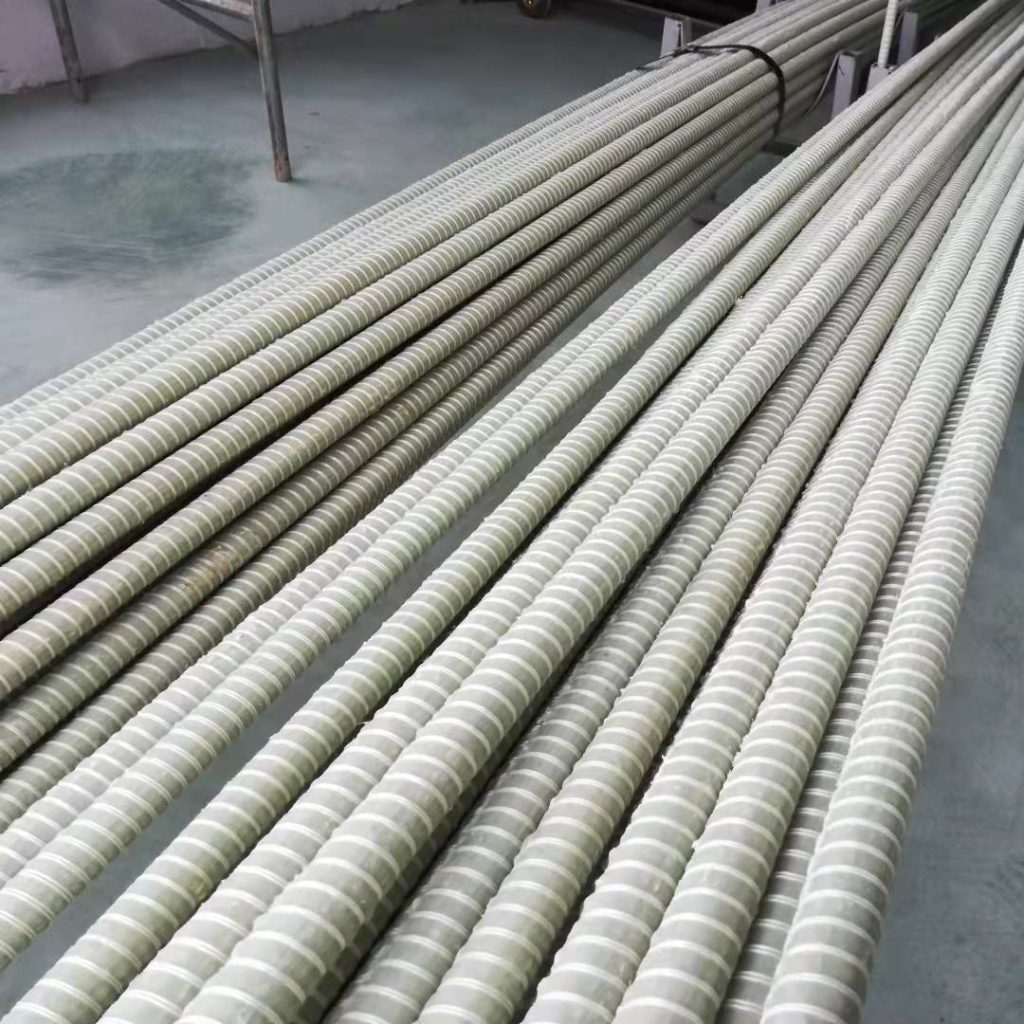
In the realm of construction, reinforcement is key to ensuring structures remain sturdy and durable over time. Traditional steel reinforcement has long been the norm, but innovative alternatives are emerging, one of which is fiberglass rebar. Fiberglass rebar offers a range of advantages over its steel counterpart, making it a compelling choice for various construction projects. Let’s delve into the benefits and applications of fiberglass rebar in modern construction.
1. Durability and Corrosion Resistance: One of the primary advantages of fiberglass rebar is its exceptional durability and resistance to corrosion. Unlike steel rebar, which can rust and weaken over time, fiberglass rebar is impervious to corrosion, even in harsh environments such as coastal areas or places with high levels of humidity. This corrosion resistance ensures that structures reinforced with fiberglass rebar maintain their strength and integrity over the long term, reducing the need for costly repairs and maintenance.
2. Lightweight and Easy to Handle: Fiberglass rebar is significantly lighter than steel rebar, making it easier to transport, handle, and install on construction sites. Its lightweight nature not only simplifies the construction process but also reduces labor costs and minimizes the risk of injuries associated with lifting heavy materials. Additionally, fiberglass rebar can be cut and shaped using standard tools, offering flexibility in design and construction.
3. Non-Conductive and Non-Magnetic: Unlike steel rebar, fiberglass rebar is non-conductive and non-magnetic, making it ideal for applications where electrical conductivity or magnetic interference is a concern. This property makes fiberglass rebar particularly well-suited for projects in sensitive environments such as hospitals, laboratories, or areas with electromagnetic equipment.
4. Thermal Insulation: Fiberglass rebar offers superior thermal insulation properties compared to steel rebar. This insulation helps prevent thermal bridging in concrete structures, reducing energy loss and enhancing the overall energy efficiency of buildings. In regions with extreme temperatures, fiberglass rebar can contribute to maintaining comfortable indoor environments and reducing heating and cooling costs.
5. Environmental Sustainability: As sustainability becomes an increasingly important consideration in construction, fiberglass rebar stands out as an environmentally friendly alternative to steel rebar. It is manufactured using recycled materials and consumes less energy during production compared to steel rebar. Additionally, its long lifespan and corrosion resistance contribute to the longevity of structures, reducing the need for replacement and minimizing environmental impact.
Conclusion: Fiberglass rebar represents a modern and innovative solution for reinforcing concrete structures, offering numerous advantages over traditional steel rebar. Its durability, corrosion resistance, lightweight nature, and thermal insulation properties make it a compelling choice for a wide range of construction projects. As the construction industry continues to evolve, fiberglass rebar is poised to play a significant role in shaping the buildings of the future, providing strength, longevity, and sustainability to infrastructure worldwide.

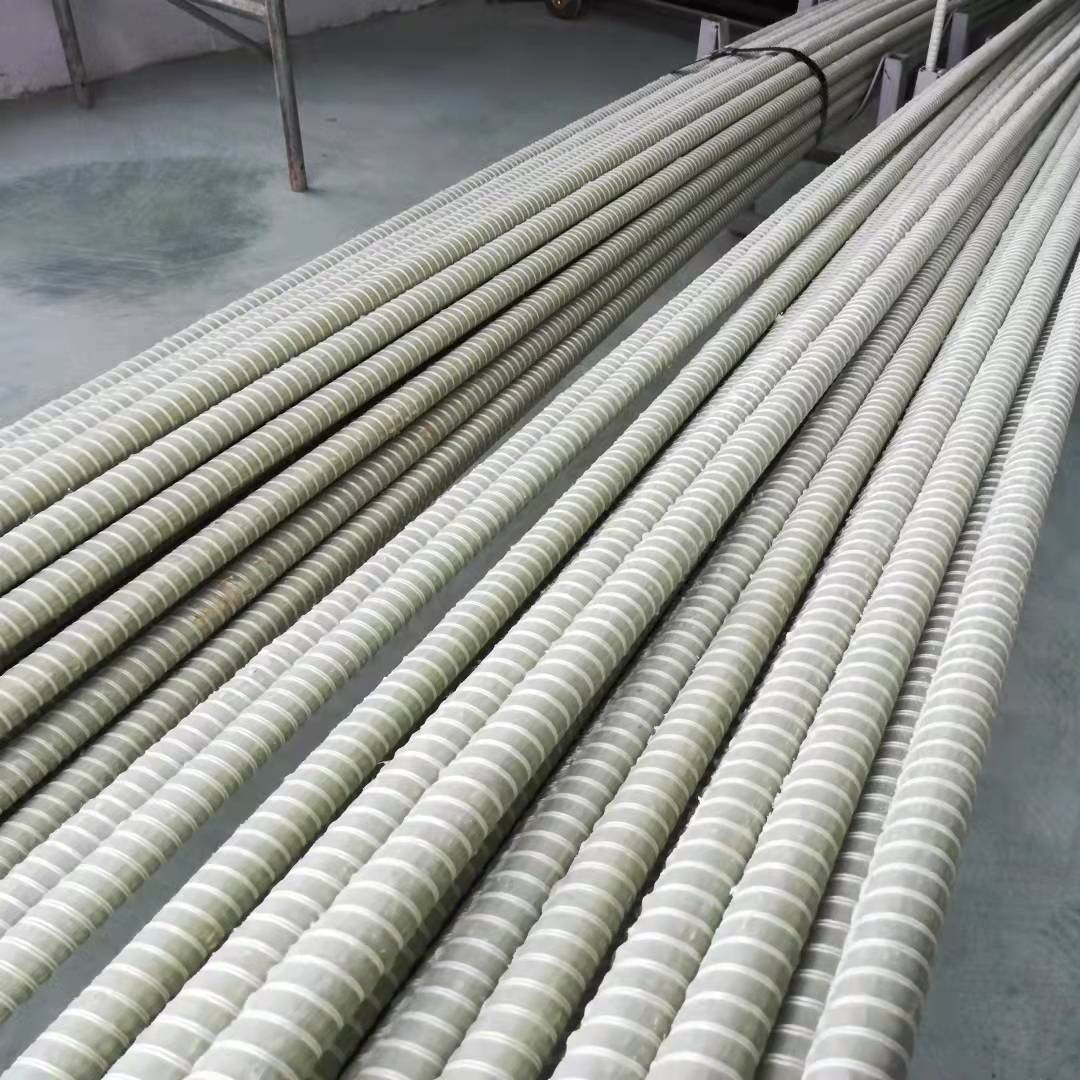
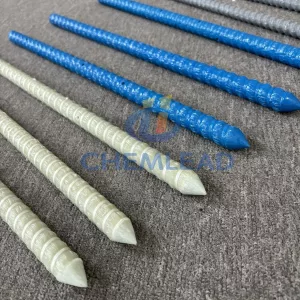
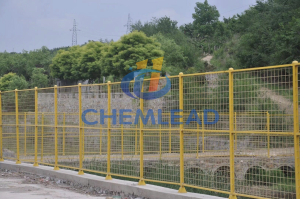
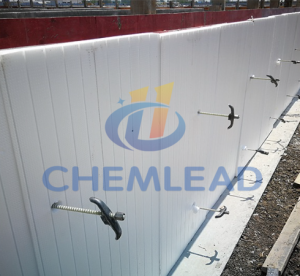
 Get Free Quote Now! Don’t Hesitate!
Get Free Quote Now! Don’t Hesitate!